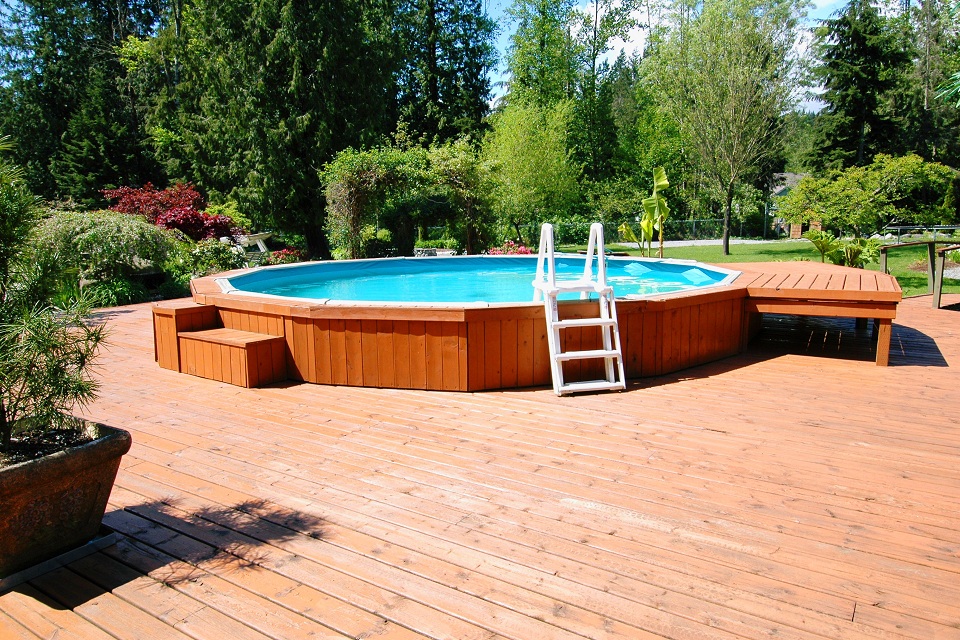Above ground pools make it possible for property owners to still enjoy a cool place to dip in, despite not having a sprawling backyard. They’re easy to install and much less expensive, and, if done right, are easy to maintain as well.
If you’re planning on getting an above ground pool soon, you might also want to start preparing to learn how to keep it well-maintained so you can enjoy it for much longer.
Check Water Quality
To maintain water quality, there are a couple of tasks that you have to do daily. First, you need to test the pH level, which should ideally be between the range of 7.4 and 7.6.
And then, you need to check the chlorine level, which should be kept at a range between 2.0 and 4.0 ppm. If it’s not quite up to these levels, there are chlorine tablets easily available in the market that you can use to achieve the right levels. These daily tasks shouldn’t take too long, as there’s a device specifically designed to read these data for you.
You also should run the pool filter for about 12 to 18 hours per day to make sure its quality stays good. Related to this task, you also need to check the filter and pump. Alkaline tests are also important, but this only needs to be done once a week. You want it to be in the range between 80 and 220 ppm.
Remove Debris
Since it’s outdoors, it’s expected for dust and debris, such as tree leaves or branches to fall on the water. You can simply scoop them out using a net to keep your pool looking clean.
Prevent Algae
One thing you need to be careful about with above ground pools is that they are more prone to breeding algae. That’s because unlike in-ground pools, they do not have as much water circulation.
Keep a close eye out especially for the so-called “dead spots” or those sections of the pool that do not always get as much water activity. This include areas behind the ladder, small crevices, and creases in the material, as well as under the skimmer.
In case you do find some growth, you can simply clean them off and then get multidirectional return jets to improve water circulation, and thus prevent this growth.
Maintain Wall Safety
While above ground pools are generally safe, it’s important to keep in mind that this remains a semi-temporary structure holding tons of water. The walls, therefore, should be taken very well care of to keep it strong and secure, for everyone’s safety.
Pool users should avoid sitting on the wall or the top rails as these are definitely not as stable as the edge of an inground pool. Too much horseplay could also cause external supports to weaken or buckle over time, so watch out for that as well.







No Comments